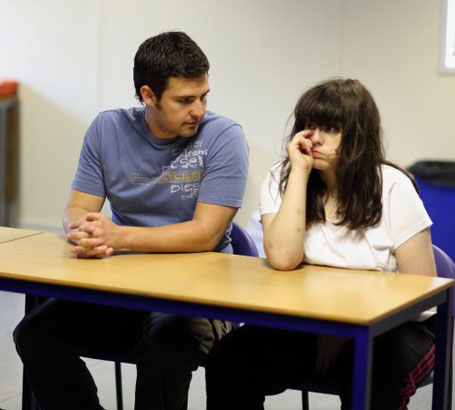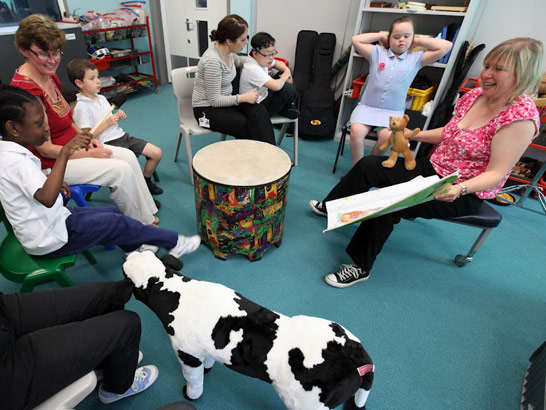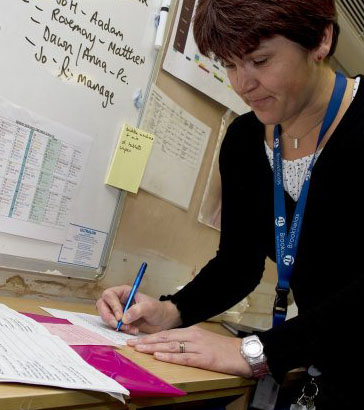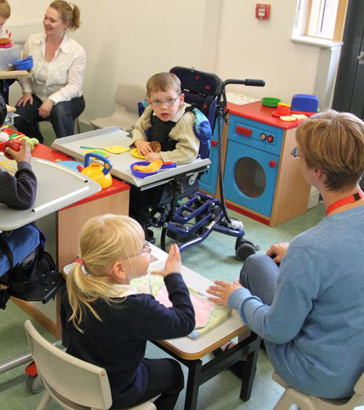
Levels B and C of this module considered barriers to participation and learning for children with learning difficulties and disabilities with a neurological origin in four areas:
- School policy
- Attitudes
- Teaching approaches and other school procedures
- The school environment.
level B

Tasks at level B looked at how evidence from neuroscience can be used to review and modify the curriculum to benefit individual children with particular conditions. If you have come to these materials at Level D, it might be worth browsing level B and considering the value of these tasks to staff in your school.

Tasks at level C focused on raising awareness, among staff and other professionals, about the implications of evidence
from neuroscience for the education of children with different conditions with a neurological origin. The tasks were intended
to raise questions and issues about the relevance of evidence from neuroscience to school practice.
If you have come to these materials at Level D, it might be worth browsing Level C and considering how such discussions with
staff and other professionals can lay the groundwork for change and keep the relevance of evidence-based practice at the
front of everybody's minds.

The main task at this level is to complete a school development cycle to improve practice in relation to children with
learning difficulties and disabilities. Use evidence from neuroscience and evidence of effective practice to inform this task.
The cyclical process of planning-implementation-review is described in the rest of this level in relation to far-reaching
whole school initiatives. You may wish to use a scaled down version of the same cyclical process as a tool to implement and
evaluate smaller or more focussed initiatives.